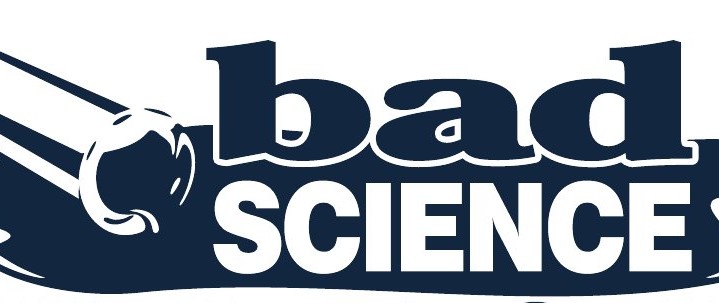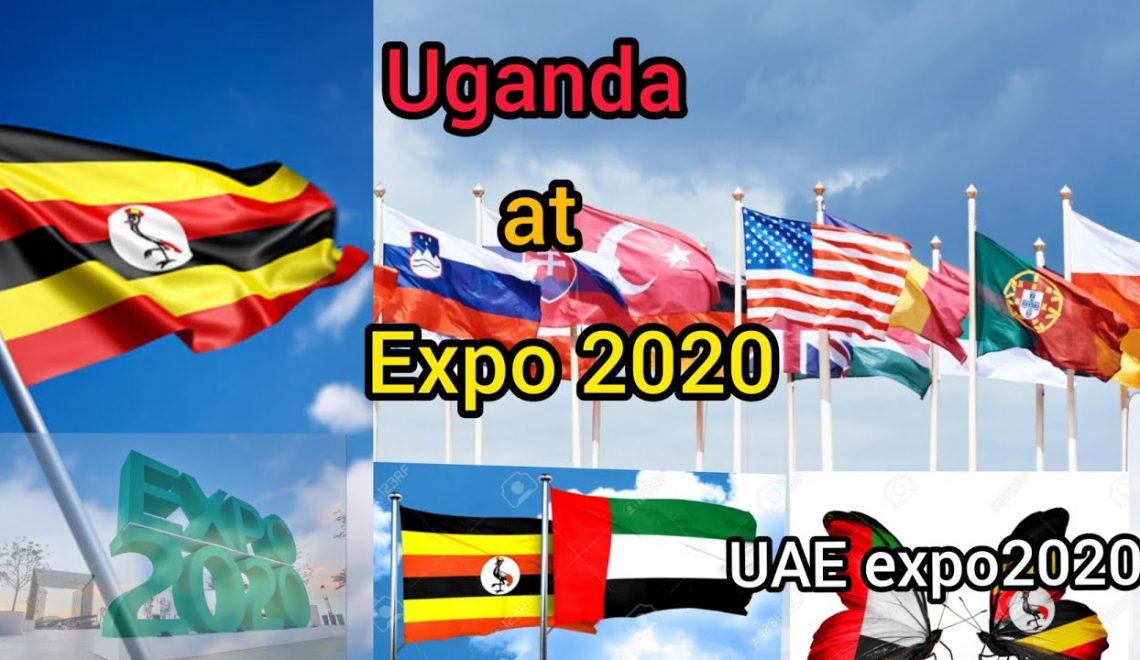
Last week I was elected a Fellow of the Uganda National Academy of Science (UNAS) alongside 17 other scholars. I congratulate them. My journey into UNAS started a number of years ago when I argued against a non wholistic view of science. Then, as now, I argued that good science does not exist in a vacuum. It must serve to solve the problems of the community. Good scientists are those who are ‘woke’ in respect of what ails their society. Suppose for instance our scientists could come up with a simple/cheap water filter that would enable all rural dwellers to use clean water. That would revolutionalize our public health program by preventing the transmission of water borne diseases. Good science should be socially focused.
This week, again under the aegis of UNAS, we completed a study on trust in relation to governance and development. Trust is the firm belief in the reliability, truth, or ability of an individual or group to act according to their promises. In our study, trust is defined as the willingness to be vulnerable through the relinquishing of control over this certain aspects of our lives, based on expectations of (an)other’s behaviour. Our thesis was that societies that developed robust trust systems, were more likely to exhibit higher levels of effective national governance and partnerships for national development.
The types of trust we identified were transactional and social. Transactional trust derives mainly from the economics literature and assumes that actors rationally calculate their exposure to risk and trust accordingly. Under this model, actors follow a logic of “enlightened self-interest” when deciding whether to trust one another. For example, we choose our leaders on the basis of what they will do for us. Social trust is a function of how we are socialized, what aspects of our lives we value and think are importance, and under what conditions we are willing to accept vulnerability that those aspects may be mismanaged by those we trust. In other words, our values are based on how we are socialized and those values set the broad boundaries of where, whom, and why we trust.
Our research question then centered around the level of trust we placed in individuals and social structures of leadership (read government) to act in good faith on the promises that they (individuals and governments) make to their constituents. In the Ugandan development context, it is easy to be suspicious and cynical of one another’s motives and behaviours. This is not surprising because there is a long legacy of broken promises, resort to violence, and a great deal of uncertainty when it comes to what can be expected of one another. Therefore, as a society, the greatest value of trust as a means of engendering good governance and development (because behaviour worthy of trust is in such scarce supply), is the recognition that trust has value can help to set the basis for a change in mindset(s), revealing new understandings of one another, and therefore, of what we can do together as a group/nation.
Based on our research and definitions, we concluded that Ugandans have developed a context specific understanding of trust, and try to manage their expectations of different actors (individuals and government) in a transactional manner. Again using our leadership example, a vote must be paid for immediately. Behavior that is critical to building trust in which our expectations of others is transparent, is not uniformly distributed nor consistent. Thus we are not surprised when leaders say one thing then act in a contrary manner. That is par for the course. Lastly, we note, problem-solving processes and their worthiness of trust are fundamental to sustainable development. That is also what we now call the trust economy. From political promises to money, our word must be our bond in order to change our fortunes. Some societies understood this lesson 500 years ago. We too can still make that leap of faith.
Samuel Sejjaaka is Country Team Leader at Mat Abacus Business School. Twitter @samuelsejjaaka



